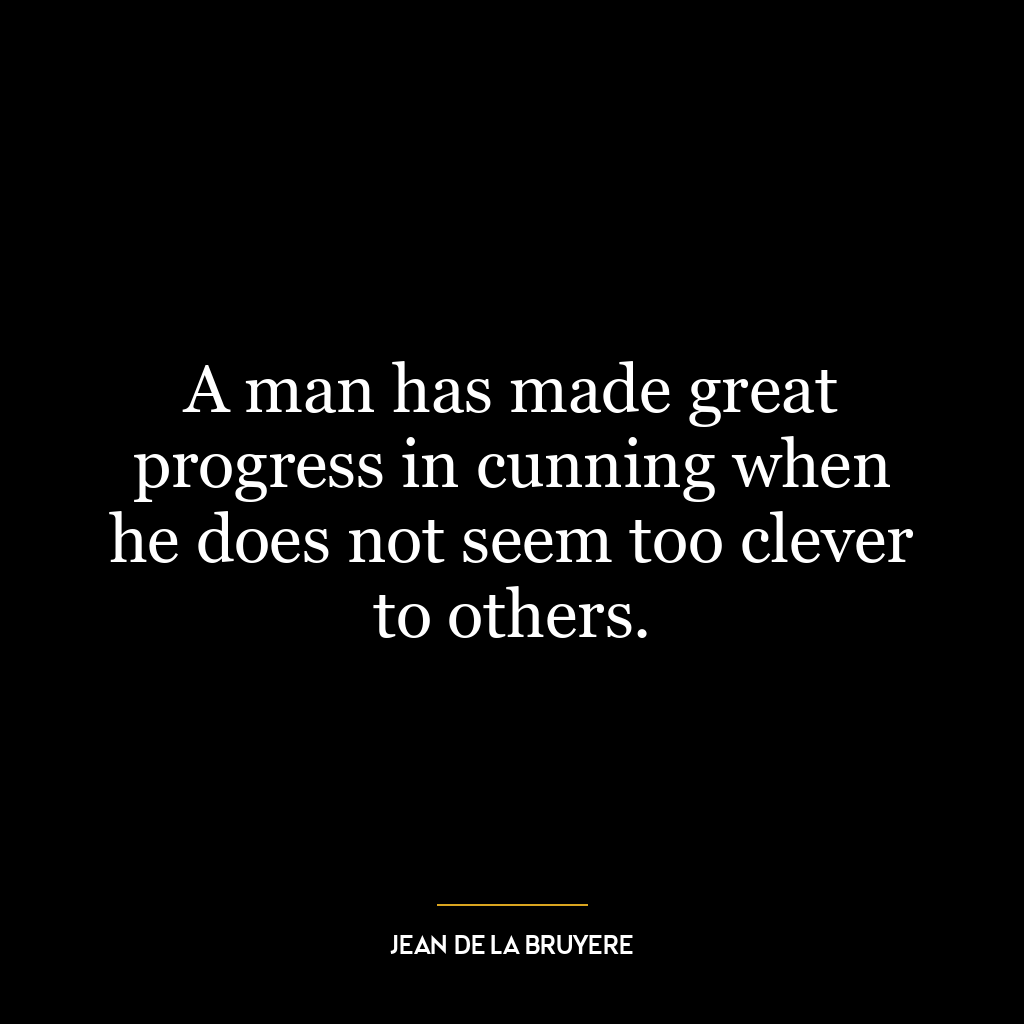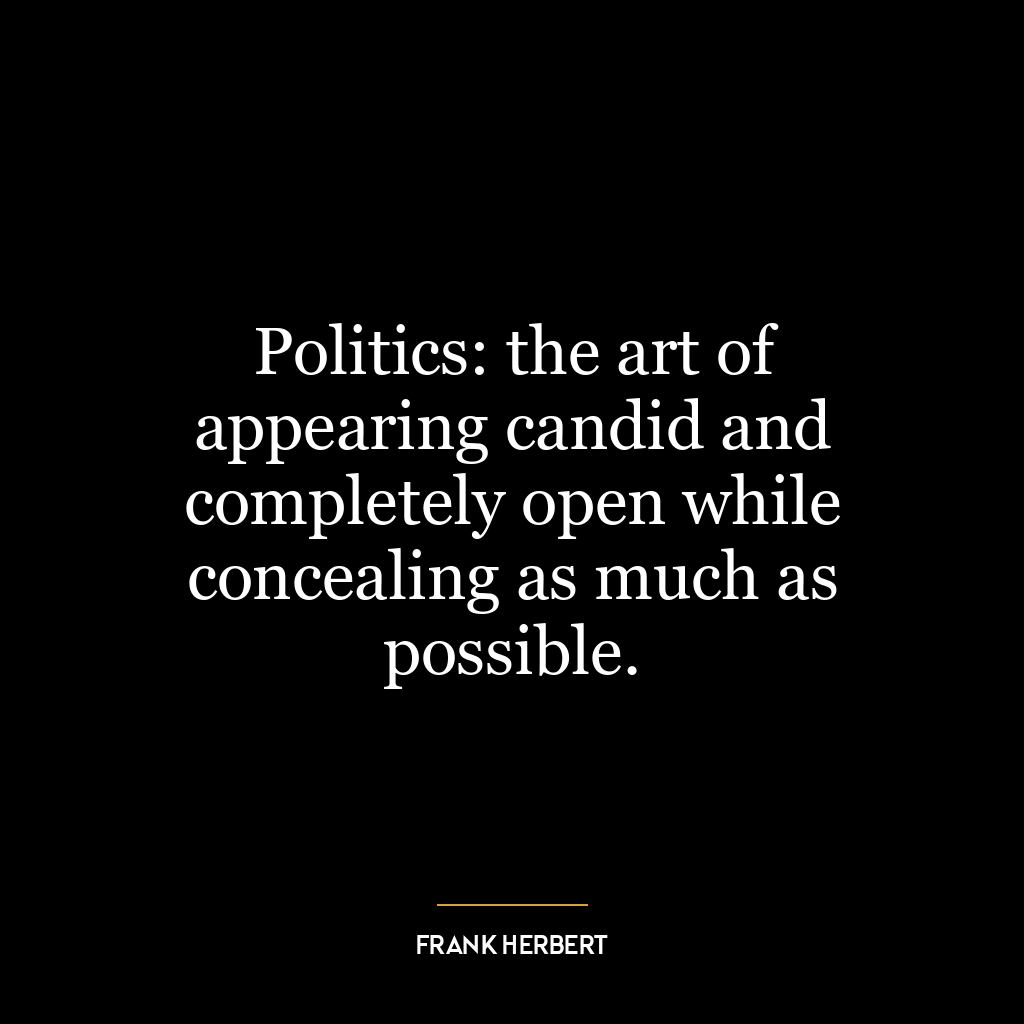Fewer possess virtue, than those who wish us to believe that they possess it.
This quote suggests that more people claim or want others to believe that they have virtue than those who actually do possess it. In other words, there’s a discrepancy between the image people project and their true character. This could be due to a variety of reasons, such as societal pressure, personal gain, or a lack of self-awareness.
The quote implies that virtue isn’t just about outward appearance or declarations, but about one’s actions, decisions, and character. It’s not enough to merely claim to be virtuous; one must demonstrate virtue through consistent behavior. This gap between appearance and reality, between pretense and genuine virtue, is what the quote highlights.
In today’s world, this idea is incredibly relevant. With the rise of social media and the increasing emphasis on personal branding, it’s easy for individuals to curate a certain image or persona that may not align with their true selves. It’s also common in politics and business, where individuals might project an image of integrity and virtue, but their actions may not match up to their claims.
In terms of personal development, this quote can serve as a reminder to prioritize authenticity and genuine personal growth over the image we project to the world. It encourages us to focus on developing true virtue, rather than just appearing virtuous. It also serves as a reminder that our actions speak louder than words, and that we should strive to align our behavior with our values.








